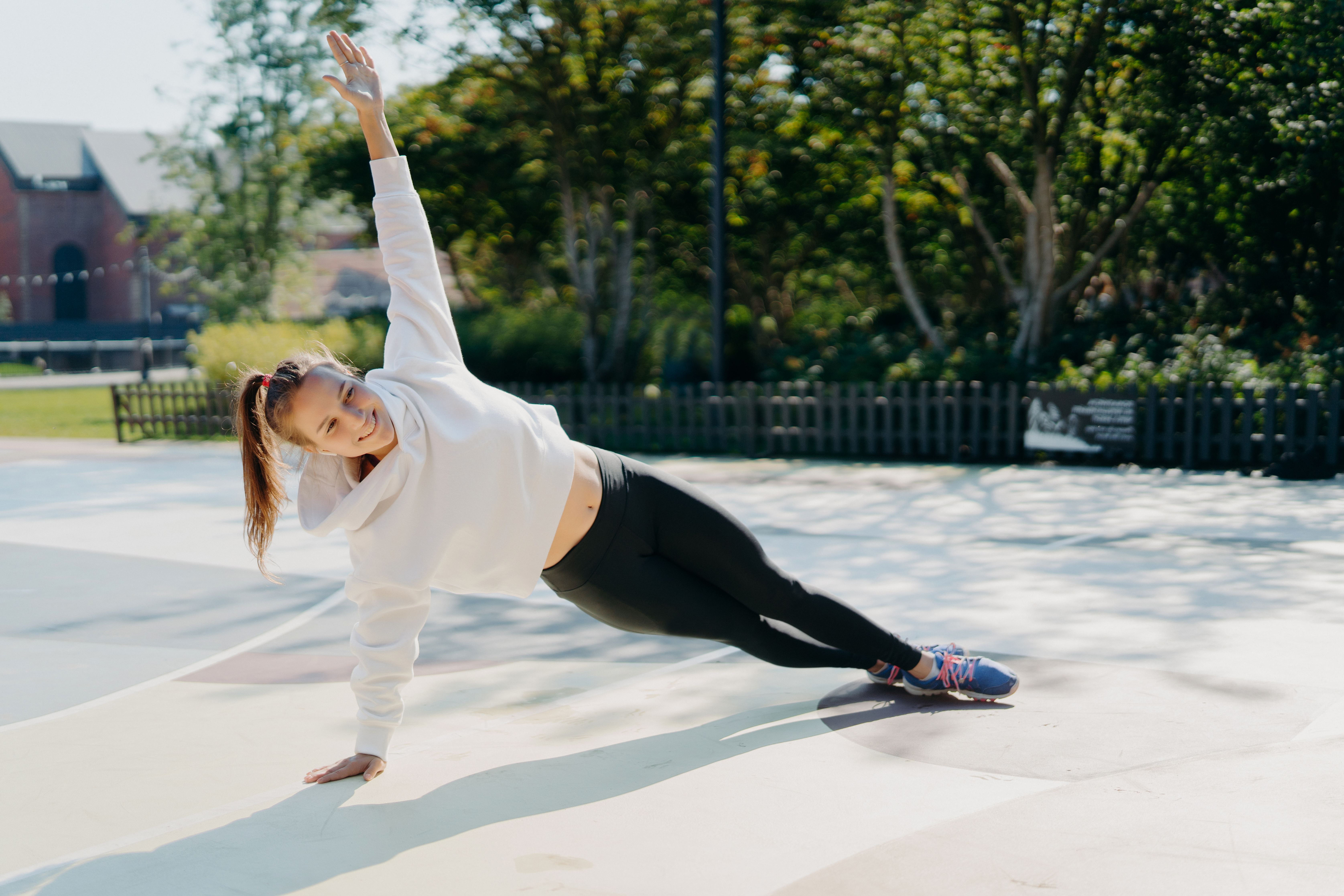10 Ways Core Strength Protects Your Brain
3. Core Stability and Emotional Well-being

The connection between physical stability and emotional health is profound. Core exercises enhance proprioception, the body’s ability to sense its position in space, which is linked to improved mood and emotional regulation. A stable core allows for a balanced posture, which can positively influence self-confidence and the way one interacts with the world. Moreover, the endorphin release associated with core workouts contributes to a natural mood boost, promoting emotional well-being. Thus, core strength not only fortifies the body but also nurtures a positive emotional state.
4. Enhancing Neuroplasticity Through Core Workouts

Neuroplasticity, the brain's ability to reorganize itself by forming new neural connections, is crucial for learning and memory. Core exercises stimulate the brain by challenging coordination and balance, which are essential for neuroplasticity. Activities like Pilates and yoga, which focus on core stability, require concentration and mental engagement, thereby enhancing the brain’s adaptability. By incorporating core workouts into daily routines, individuals can promote neuroplasticity, ensuring a more resilient and flexible brain capable of adapting to new information and environments.
